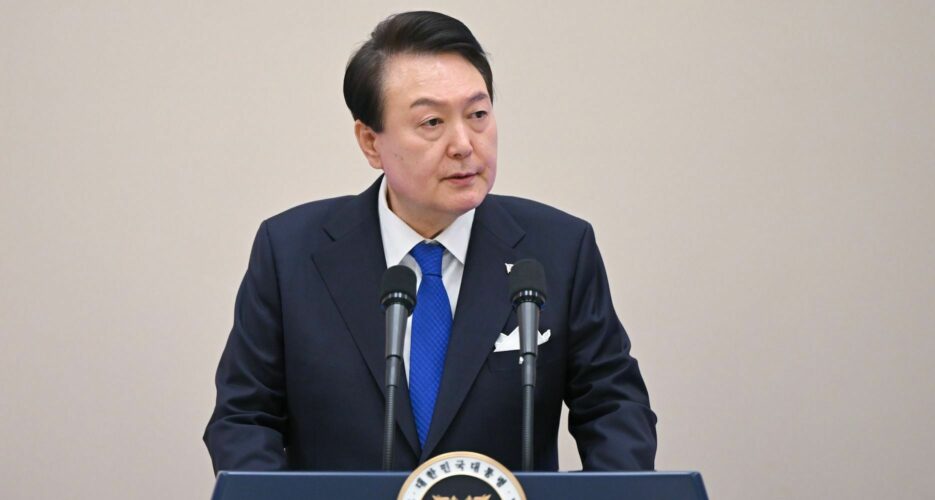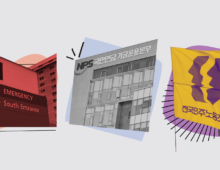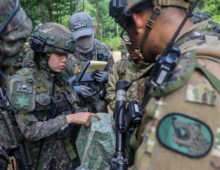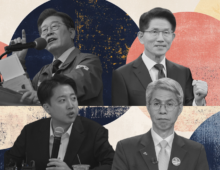Fight over unions risks disrupting business and infringing on right to organize, but could improve transparency
South Korean organized labor has had a difficult time during President Yoon Suk-yeol's first year in office, and it appears that further challenges lie ahead as the administration gears up to tackle labor reforms, a move that could improve unions’ financial transparency but which risks infringing on workers’ right to organize.
In December, the Korea Confederation of Trade Unions (KCTU), the more militant of the country’s two most prominent umbrella labor union groups, faced a blow when the government refused to extend a minimum pay system for truckers and imposed an unprecedented return-to-work order with severe penalties in the case of noncompliance.
South Korean organized labor has had a difficult time during President Yoon Suk-yeol's first year in office, and it appears that further challenges lie ahead as the administration gears up to tackle labor reforms, a move that could improve unions’ financial transparency but which risks infringing on workers’ right to organize.
In December, the Korea Confederation of Trade Unions (KCTU), the more militant of the country’s two most prominent umbrella labor union groups, faced a blow when the government refused to extend a minimum pay system for truckers and imposed an unprecedented return-to-work order with severe penalties in the case of noncompliance.
Get your
KoreaPro
subscription today!
Unlock article access by becoming a KOREA PRO member today!
Unlock your access
to all our features.
Standard Annual plan includes:
-
Receive full archive access, full suite of newsletter products
-
Month in Review via email and the KOREA PRO website
-
Exclusive invites and priority access to member events
-
One year of access to NK News and NK News podcast
There are three plans available:
Lite, Standard and
Premium.
Explore which would be
the best one for you.
Explore membership options
© Korea Risk Group. All rights reserved.
No part of this content may be reproduced, distributed, or used for
commercial purposes without prior written permission from Korea Risk
Group.












